Oracle NetSuite for M&A
Maximize Your M&A Value with
Oracle NetSuite ERP
Fast-Growth
Effective
Get the expected results

Investor evaluation issues

Management team: Investors look for companies with experienced, knowledgeable and motivated management teams who have a successful track record in their industry.
Solution: The level of administration is shown through the Oracle Netsuite tool system that the management team is using and operating.

Market opportunity: Investors look for companies with growth potential that have the potential to dominate the market or create an important niche.
Solution: Oracle NetSuite ERP provides a flexible, scalable platform that improves operations, improves customer experience, and makes data-driven decisions.

Competitive advantage: Investors look for companies that have a competitive advantage over their peers, through proprietary technology, intellectual property, or a differentiated business model.
Solution: NetSuite provides the tools needed to better understand the operational and financial performance of both the parent company and the acquired company, identify the right areas, and make informed decisions on how to optimize operations and drive growth.
Necessary and sufficient conditions to promote the M&A process
- Financial and operational data real-time
- Ability to control core business processes
- Fast conversion for M&A scenarios
- Integration with forecasting and CRM data
- Ability to control customer behavior
- Standard authorization system
- Degree in automation, administration, and control reports
Steps Companies Should Take Before Investing in ERP
Choose the Right System
Selecting an ERP (Enterprise Resource Planning) system is a critical decision that requires careful consideration of various factors. Here are some essential criteria to consider when selecting an ERP system
Choose the Right ERP Vendor
Selecting the right ERP implementation vendor is a crucial step in ensuring a successful ERP implementation. Here are some essential criteria to consider when selecting an ERP implementation vendor
Gimasys helps businesses determine the right ERP system, provides implementation services, customizes to meet unique requirements, and ongoing support to ensure the system is always operating in the right direction. With our help, you can confidently navigate the M&A process and achieve the best results.

How to Choose the Right ERP System?
Why NetSuite?
Better decision-making
Designed to
run and grow business
Effective, flexible, creative, and competitive
Process automation. Real-time financials and operational data
20+
Years of experience
7000+
Employees worldwide
34,000+
Businesses implemented
217
Countries and territories applied
Reduction
20% - 50%
in financial close time
Reduction
50%
audit preparation time
201
Netsuite IPOs and SPACs in 2021
Comprehensive optimization and development
Each NetSuite solution is not only specialized for specific business functions, but they also connect seamlessly, creating a unified system for the whole organization. No matter the goal is operation optimization or business development, NetSuite is the true solution for your enterprise.
NetSuite do more. So it can fit you
NetSuite can adapt to meet diverse businesses needs with its wide array of solutions. Designed as a multi-tenant, vendor-managed cloud platform with endless room to support growth. Built-in flexibility to accommodate business processes and structure. Facilitate operations and resources across organization. Expanded to run a multi-subsidiary and multinational enterprise. Natively equipped with BI to discover trends and deliver meaningful insights to grow your business.
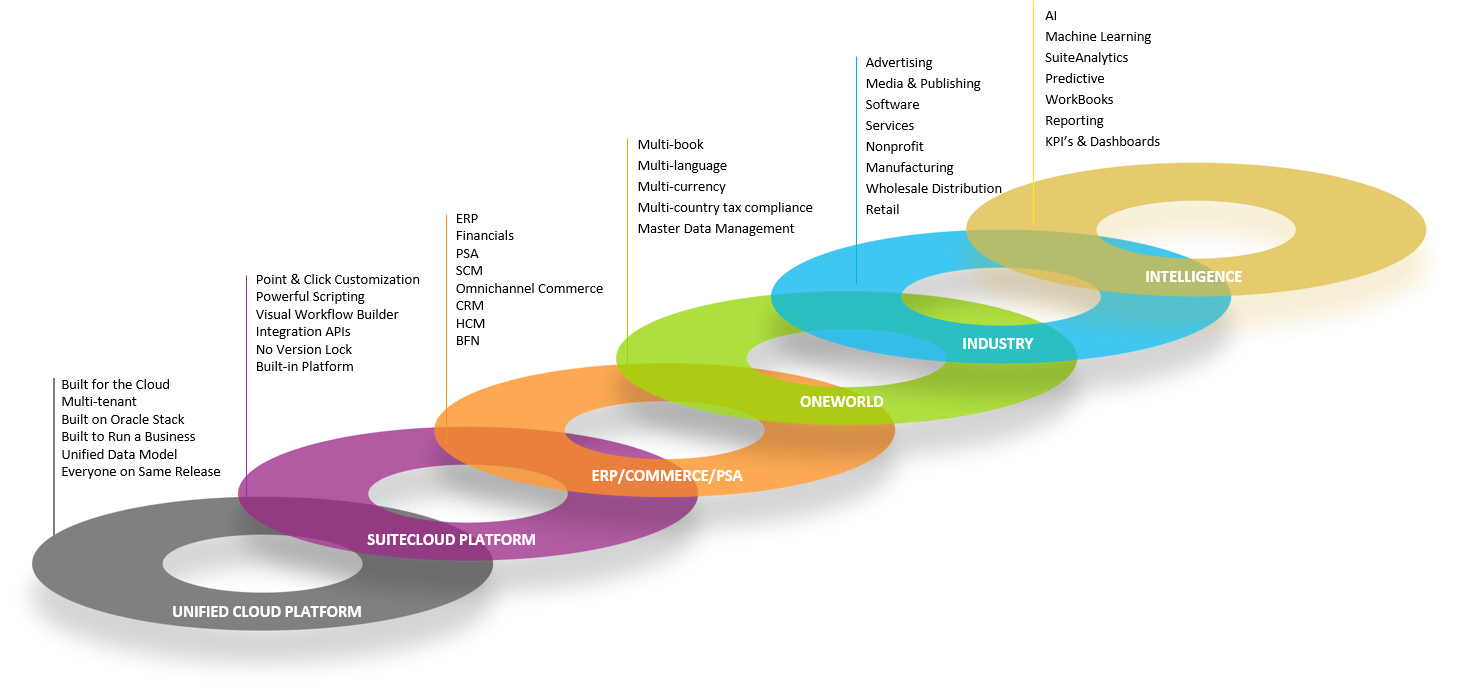
Work perfectly with other business systems. Fast and safe.
Netsuite is designed to partner with your application suite, bringing business automation to another level. Sync Netsuite items with products on your e-commerce stores and marketplaces. Receive customer payment supported by a payment gateway. Fulfill orders on Netsuite then ship them through a 3PL partner. Or even contact leads on Netsuite generated from a CRM platform.



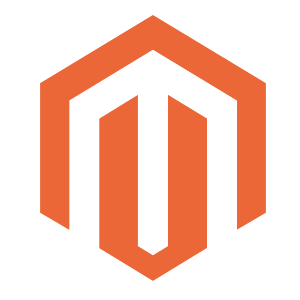
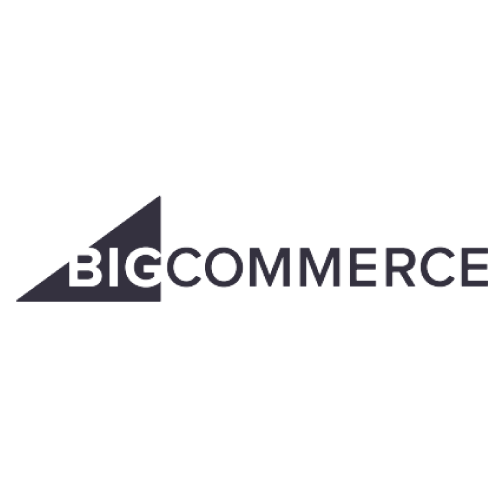
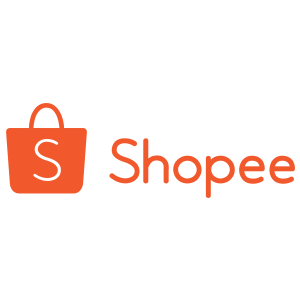
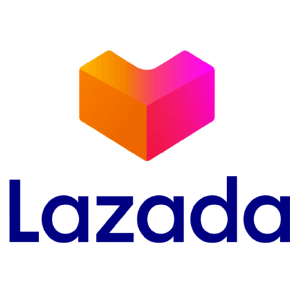
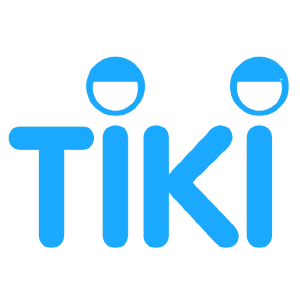


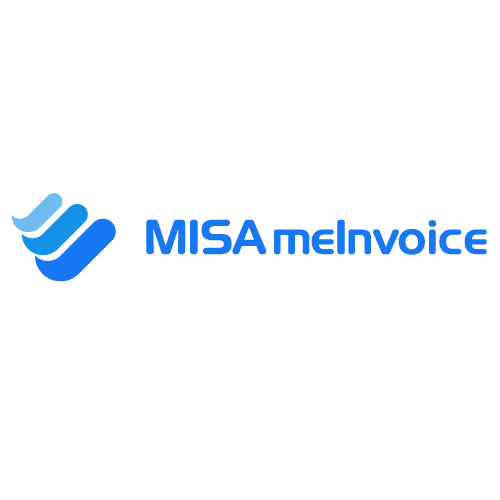

Powerful for data consolidation, and analytics
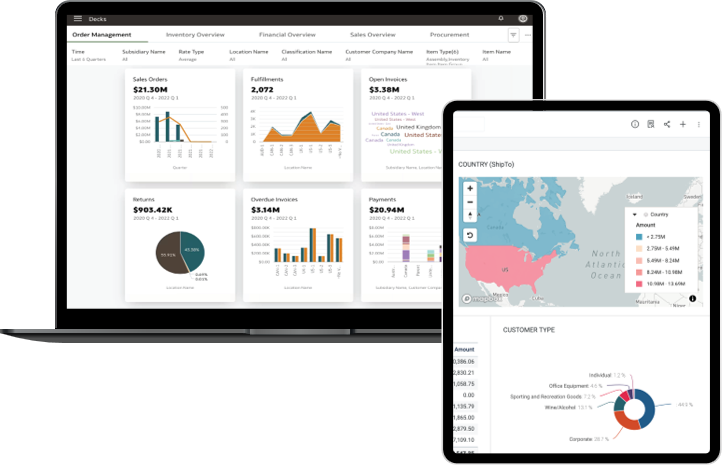
Oracle Analytics Cloud and the Oracle Autonomous Data Warehouse bring Netsuite’s data processing to a whole new level. NetSuite Analytics Warehouse is a solution that delivers powerful data analysis that drives actionable insights. Business professionals can load data and easily build and run their own analyses without relying on IT.
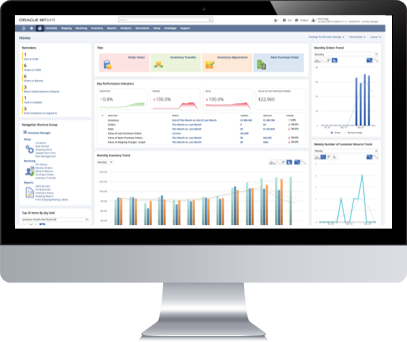
The true cloud solution
NetSuite was born in and built for the cloud, that being a multi-tenant, vendor-managed cloud solution with endless room to support growth. With Netsuite’s Saas solution, you can run your startup anytime, anywhere, with world-class security, availability, and data management
Netsuite is flexible. So you can, too.
Scale up, spin off, adopt new business models, NetSuite’s flexibility lets you do it all, quickly and easily. With every NetSuite upgrade, your configurations and customization migrate seamlessly.

Vendor Management

Purchase Order (PO)

Approve PO

Receive PO

Create Vendor Bill

Review A/P Aging

Vendor Bill Payment

Monitor, Analyze, Alert

Procure to Pay
Why Gimasys?
Established in 2004, with more than 18 years of experience, International Management System Integration Co., Ltd (Gimasys) has become a reliable and reputable partner for information technology projects, providing solutions Digital transformation solutions for businesses.

Design solutions for businesses

Consulting on deployment and application of NetSuite

Support to operate, optimize NetSuite





















































